Description
| Formula Purposes & Benefits |
| Raspberry Ketone Drops with African Mango is a natural thermogenic aid that can support fat burning during exercise, healthy cholesterol levels, healthy inflammation response, and immune health. Our formula utilizes herbs, amino acids, vitamins, and superfoods in a powerful combination resulting in a world class formula. Our formula utilizes evidence based efficacious dosages of ingredients to take your weight loss, exercise performance, and health to the next level. |
| Formula Ingredient Deck | Benefits Of Each Ingredient |
| L-Arginine |
|
| Raspberry Ketone |
|
| Tryptophan |
|
| L-Ornithine |
|
| African Mango |
|
| L-Carnitine |
|
| Beta-Alanine
|
|
| Macca Root |
|
| Grape Seed |
|
| Grapefruit |
|
| ECGC |
|
| Ginseng |
|
| Garcinia Cambogia |
|
| Capsicum |
|
| Guarana |
|
| Eleuthero |
|
| Proper Use of This Supplement |
| Adults take 10 drops, 3 times per day, or as directed by a health care professional. Place drops under the tongue. Hold drops under the tongue for 15 seconds before swallowing. For children under 12 years of age, consult a physician before use. |
| Our Formula Vs Other Formulas In The Market | |
| 1. Uses third-party independently tested ingredients that are made in the USA, GMP certified and made in an FDA registered facility. | 1. Uses third-party independently tested ingredients that are made in the USA, GMP certified and made in an FDA registered facility. |
| 2. Utilizes quality evidence-based thermogenic aids. | 2. Uses very low dosages of thermogenic aids comprising mostly fillers. |
| 3. Contains high quality thermogenic agents in an evidence based formula. | 3. Contains unnecessary cheap/ toxic ingredients in a liquid formula. |
Sources:
1.Sureda, A., & Pons, A. (2012). Arginine and citrulline supplementation in sports and exercise: ergogenic nutrients?. Medicine and sport science, 59, 18–28. https://doi.org/10.1159/000341937
2.Szefel, J., Danielak, A., & Kruszewski, W. J. (2019). Metabolic pathways of L-arginine and therapeutic consequences in tumors. Advances in medical sciences, 64(1), 104–110. https://doi.org/10.1016/j.advms.2018.08.018
3.Rodrigues-Krause, J., Krause, M., Rocha, I., Umpierre, D., & Fayh, A. (2018). Association of l-Arginine Supplementation with Markers of Endothelial Function in Patients with Cardiovascular or Metabolic Disorders: A Systematic Review and Meta-Analysis. Nutrients, 11(1), 15. https://doi.org/10.3390/nu11010015
4.Hu, S., Han, M., Rezaei, A., Li, D., Wu, G., & Ma, X. (2017). L-Arginine Modulates Glucose and Lipid Metabolism in Obesity and Diabetes. Current protein & peptide science, 18(6), 599–608. https://doi.org/10.2174/1389203717666160627074017
5.Sugino, T., Shirai, T., Kajimoto, Y., & Kajimoto, O. (2008). L-ornithine supplementation attenuates physical fatigue in healthy volunteers by modulating lipid and amino acid metabolism. Nutrition research (New York, N.Y.), 28(11), 738–743. https://doi.org/10.1016/j.nutres.2008.08.008
6.Sivashanmugam, M., J, J., V, U., & K N, S. (2017). Ornithine and its role in metabolic diseases: An appraisal. Biomedicine & pharmacotherapy = Biomedecine & pharmacotherapie, 86, 185–194. https://doi.org/10.1016/j.biopha.2016.12.024
7.Ngondi, J. L., Etoundi, B. C., Nyangono, C. B., Mbofung, C. M., & Oben, J. E. (2009). IGOB131, a novel seed extract of the West African plant Irvingia gabonensis, significantly reduces body weight and improves metabolic parameters in overweight humans in a randomized double-blind placebo controlled investigation. Lipids in health and disease, 8, 7. https://doi.org/10.1186/1476-511X-8-7
8.Ferreira, G. C., & McKenna, M. C. (2017). L-Carnitine and Acetyl-L-carnitine Roles and Neuroprotection in Developing Brain. Neurochemical research, 42(6), 1661–1675. https://doi.org/10.1007/s11064-017-2288-7
9.Gasperi, V., Sibilano, M., Savini, I., & Catani, M. V. (2019). Niacin in the Central Nervous System: An Update of Biological Aspects and Clinical Applications. International journal of molecular sciences, 20(4), 974. https://doi.org/10.3390/ijms20040974
10.Gentilcore D. (2016). Louis Sambon and the Clash of Pellagra Etiologies in Italy and the United States, 1905-14. Journal of the history of medicine and allied sciences, 71(1), 19–42. https://doi.org/10.1093/jhmas/jrv002
11.Kirkland J. B. (2009). Niacin status and treatment-related leukemogenesis. Molecular cancer therapeutics, 8(4), 725–732. https://doi.org/10.1158/1535-7163.MCT-09-0042
12.Hoskin, P., Rojas, A., & Saunders, M. (2009). Accelerated radiotherapy, carbogen, and nicotinamide (ARCON) in the treatment of advanced bladder cancer: mature results of a Phase II nonrandomized study. International journal of radiation oncology, biology, physics, 73(5), 1425–1431. https://doi.org/10.1016/j.ijrobp.2008.06.1950
13.Dording, C. M., Schettler, P. J., Dalton, E. D., Parkin, S. R., Walker, R. S., Fehling, K. B., Fava, M., & Mischoulon, D. (2015). A double-blind placebo-controlled trial of maca root as treatment for antidepressant-induced sexual dysfunction in women. Evidence-based complementary and alternative medicine : eCAM, 2015, 949036. https://doi.org/10.1155/2015/949036
14.Pu, W. L., Zhang, M. Y., Bai, R. Y., Sun, L. K., Li, W. H., Yu, Y. L., Zhang, Y., Song, L., Wang, Z. X., Peng, Y. F., Shi, H., Zhou, K., & Li, T. X. (2020). Anti-inflammatory effects of Rhodiola rosea L.: A review. Biomedicine & pharmacotherapy = Biomedecine & pharmacotherapie, 121, 109552. https://doi.org/10.1016/j.biopha.2019.109552
15.Trexler, E. T., Smith-Ryan, A. E., Stout, J. R., Hoffman, J. R., Wilborn, C. D., Sale, C., Kreider, R. B., Jäger, R., Earnest, C. P., Bannock, L., Campbell, B., Kalman, D., Ziegenfuss, T. N., & Antonio, J. (2015). International society of sports nutrition position stand: Beta-Alanine. Journal of the International Society of Sports Nutrition, 12, 30. https://doi.org/10.1186/s12970-015-0090-y
16.Auyeung, K. K., Han, Q. B., & Ko, J. K. (2016). Astragalus membranaceus: A Review of its Protection Against Inflammation and Gastrointestinal Cancers. The American journal of Chinese medicine, 44(1), 1–22. https://doi.org/10.1142/S0192415X16500014
17.Zhang, Z., Zhang, L., & Xu, H. (2019). Effect of Astragalus polysaccharide in treatment of diabetes mellitus: a narrative review. Journal of traditional Chinese medicine = Chung i tsa chih ying wen pan, 39(1), 133–138.
18.Cruzat, V., Macedo Rogero, M., Noel Keane, K., Curi, R., & Newsholme, P. (2018). Glutamine: Metabolism and Immune Function, Supplementation and Clinical Translation. Nutrients, 10(11), 1564. https://doi.org/10.3390/nu10111564
19.Salinas-Casado, J., Esteban-Fuertes, M., Carballido-Rodríguez, J., & Cozar-Olmo, J. M. (2020). Review of the experience and evidence of Pygeum africanum in urological practice. Revisión sobre la experiencia y evidencias del Pygeum africanum en Urología. Actas urologicas espanolas, 44(1), 9–13. https://doi.org/10.1016/j.acuro.2019.08.002
Serving Size: 30 Drops;
Servings Per Bottle: 40;
Bottle Color: Amber;
Bottle Size: 2 oz (60 ml);
Lid Color: Black
![]()
*These statements have not been evaluated by the FDA. These products are not intended to diagnose, treat, cure or prevent any disease.
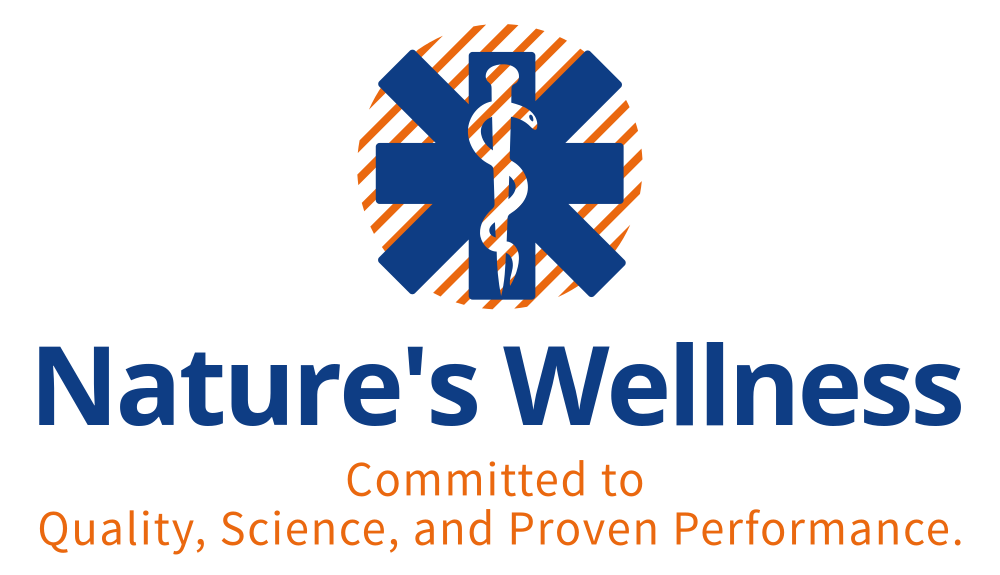
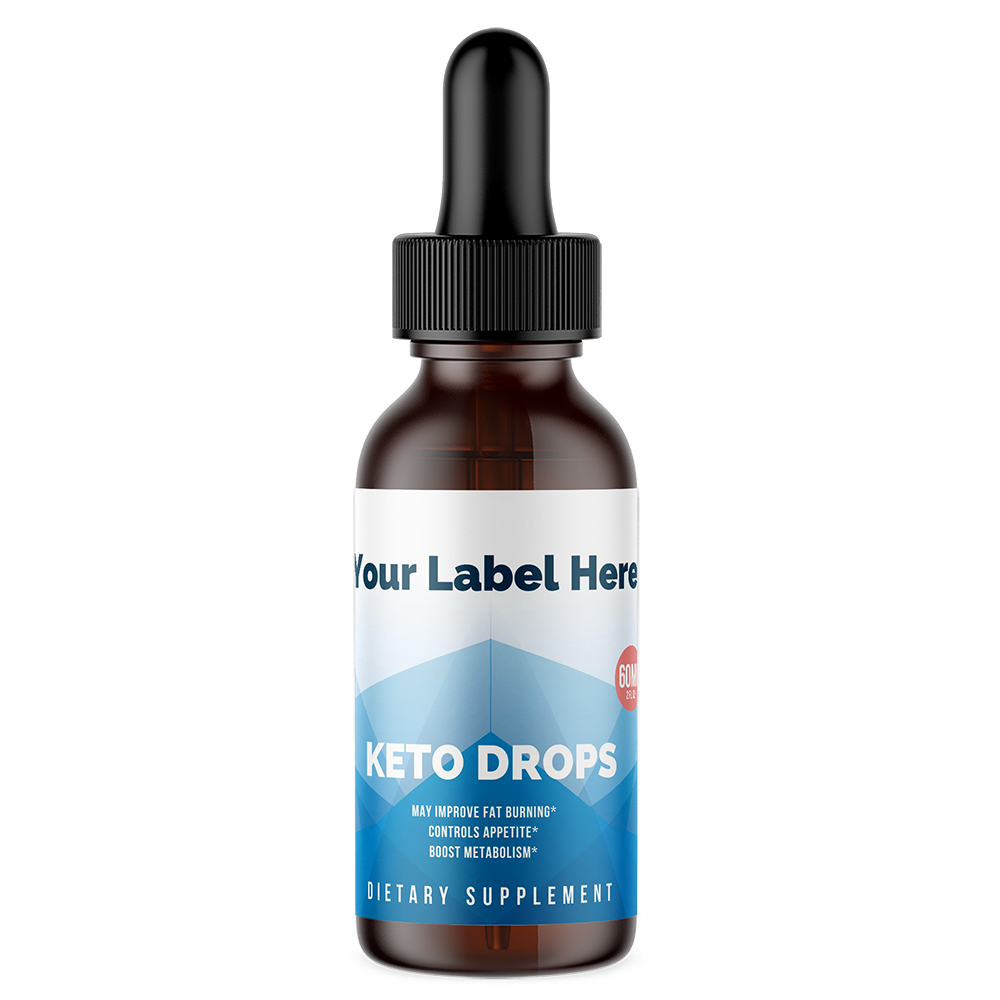
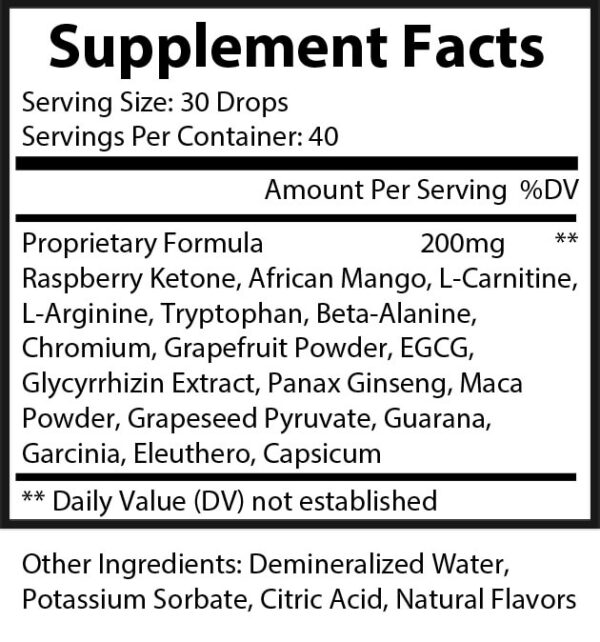
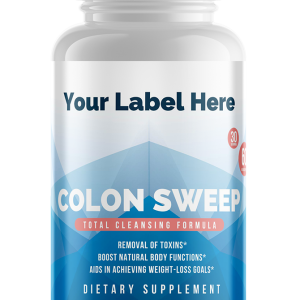
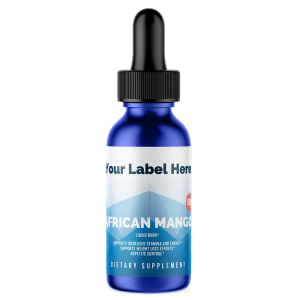
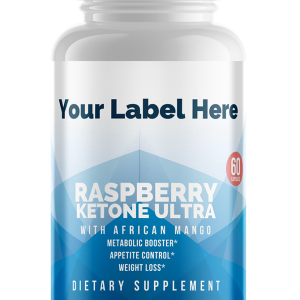
Reviews
There are no reviews yet.